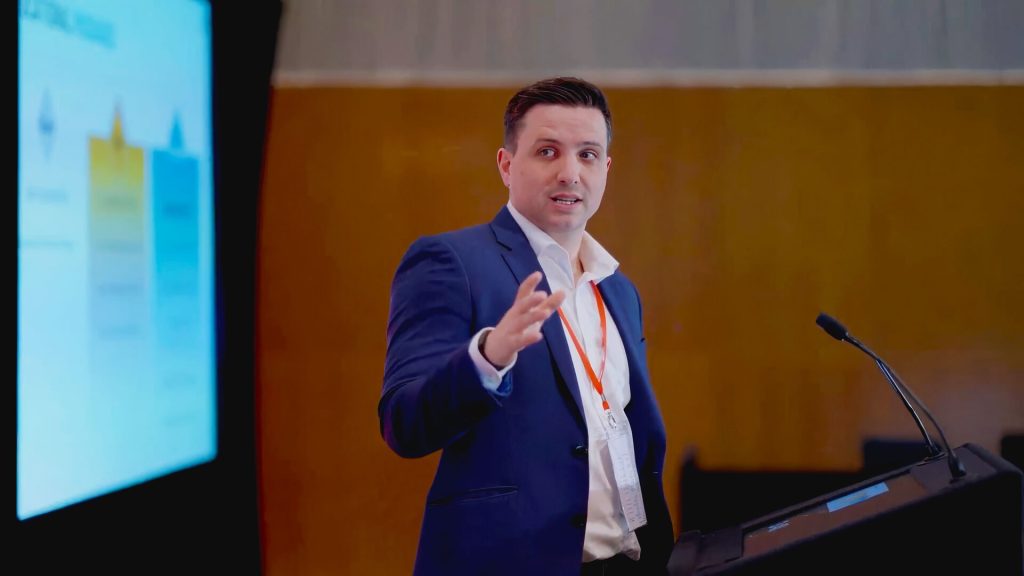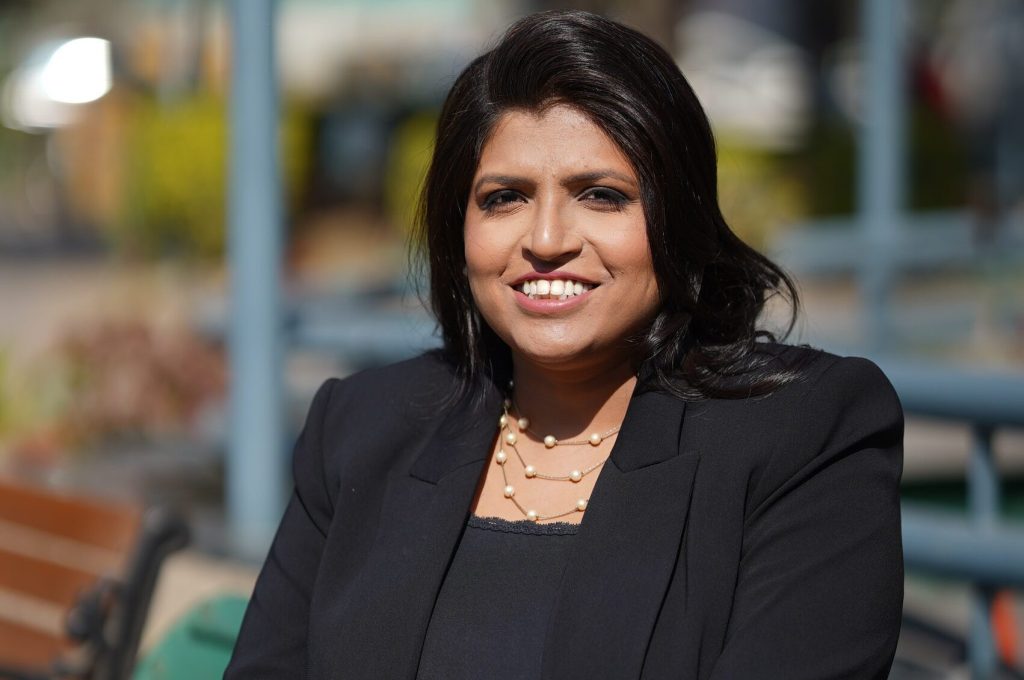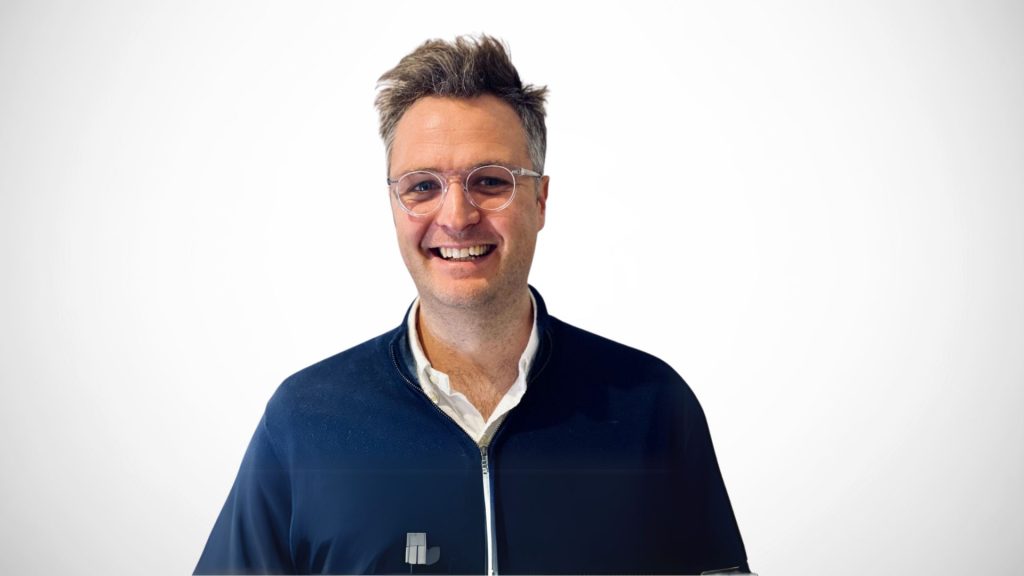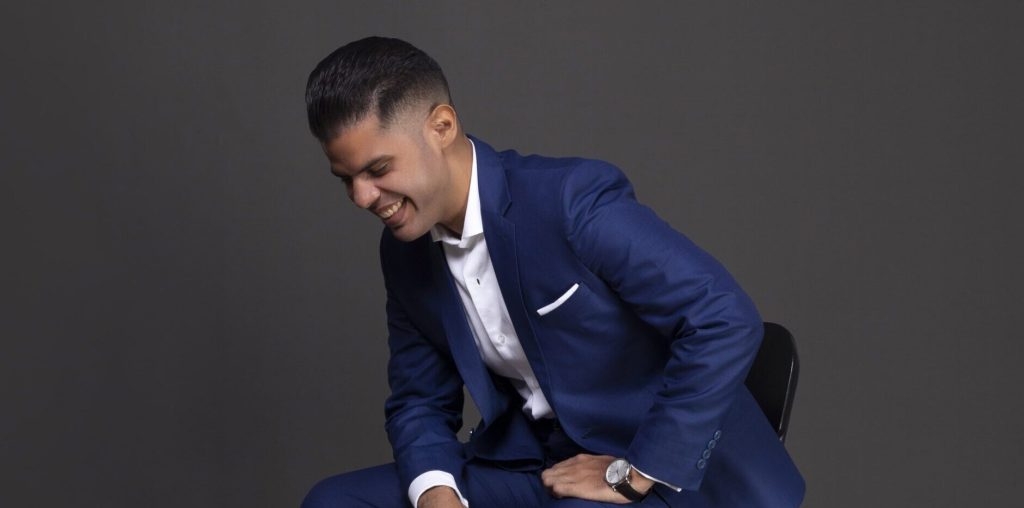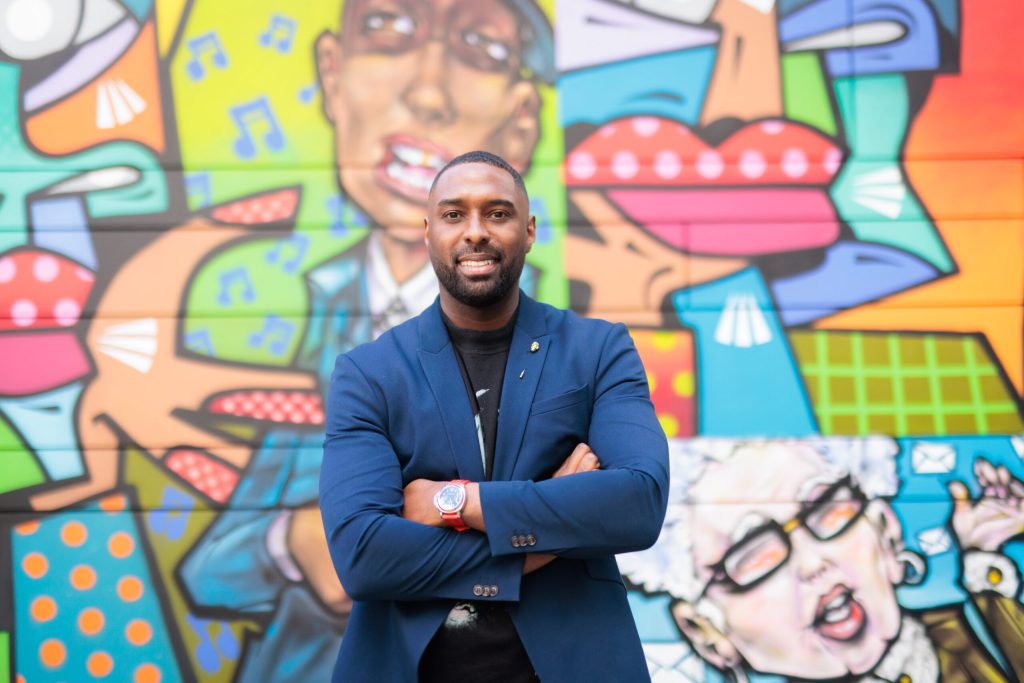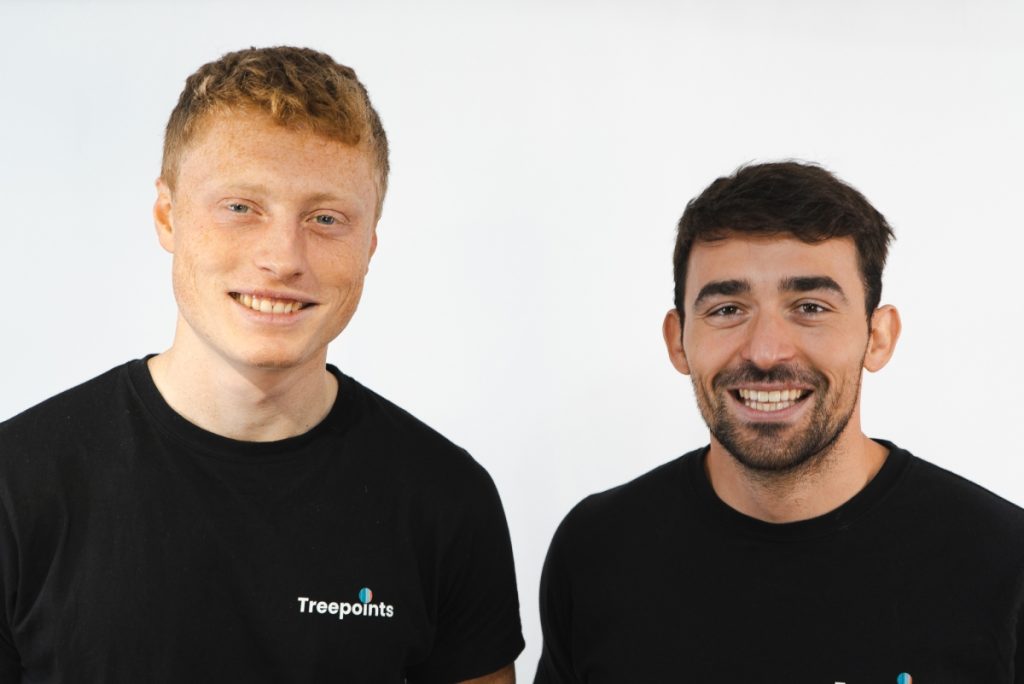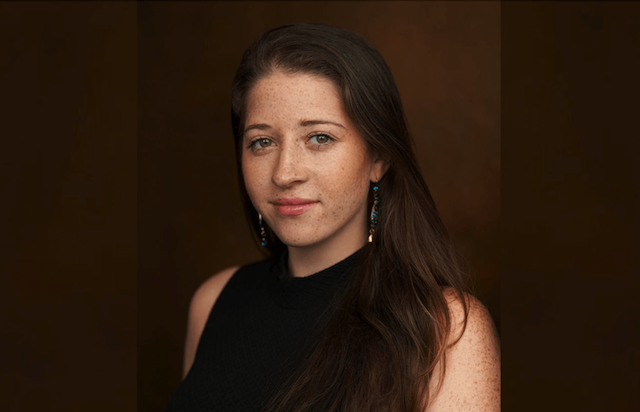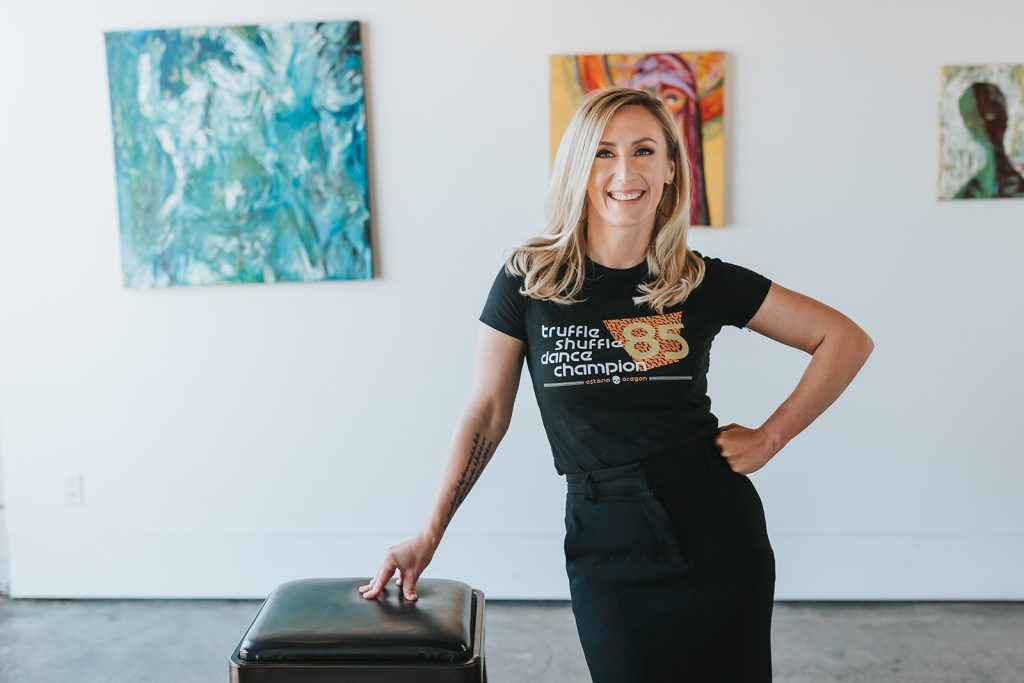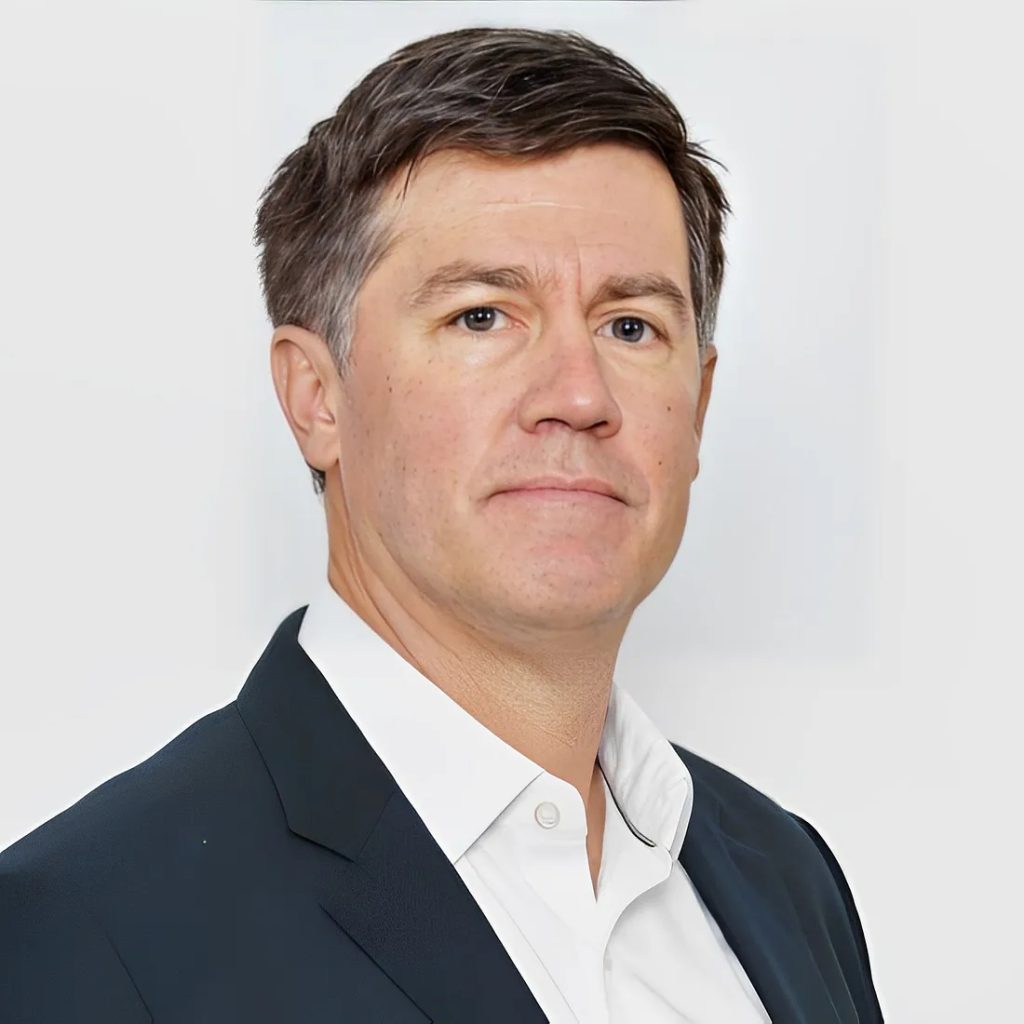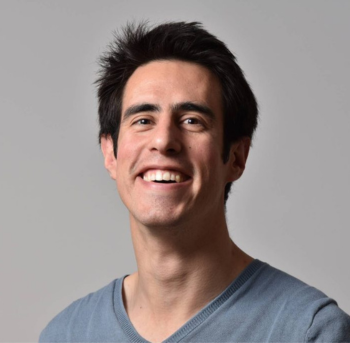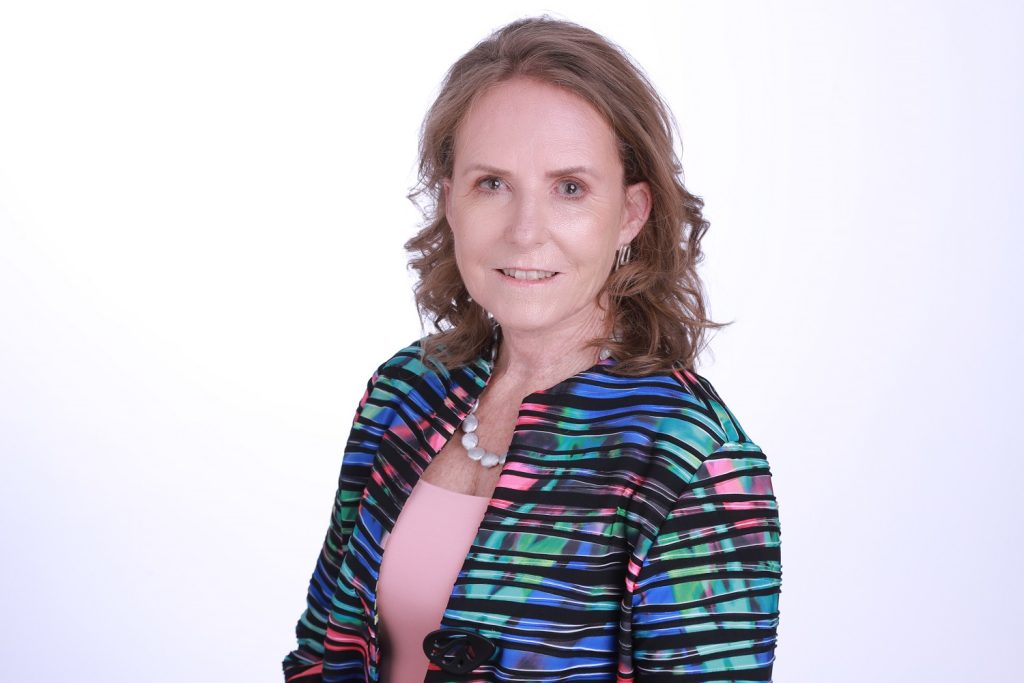
Top Strategy Expert Reveals The Secret to Team Success – Janice MacLennan
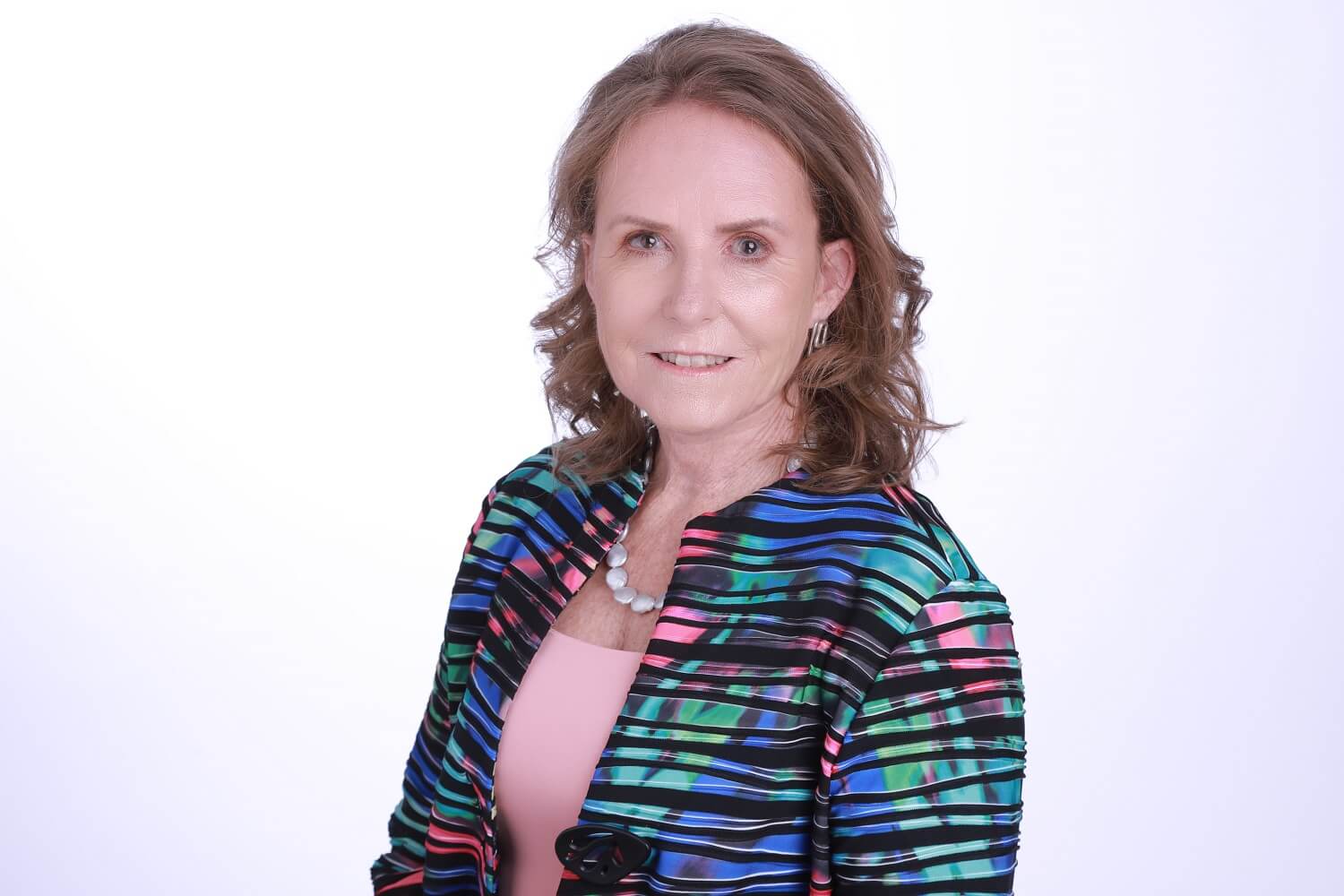
“Choose your team carefully! Build a team with diverse mindsets and invest time and effort agreeing on how you will work together.” – Janice MacLennan
Today we feature Janice MacLennan, the founder at NMBLR. We hear their story in their own words, their successes, their challenges and their insights.
Let’s start by getting to know you. Can you please tell us a little bit about you and what you do?
I have worked on strategies for global pharma brands for the past 30 years. I have seen how teams work, what leads to strategy success, and what the pitfalls in business can be.
Cross-collaboration of teams is essential if a business, brand, or product is to succeed, but many teams get bogged down by red tape or fail to communicate efficiently across departments, so I created the NMBLR app – a tool to enable teams to work across departments, and time zones, to ensure maximum success for their strategies.
NMBLR is the product of over 30 years spent helping companies develop winning strategies. I started building it in August 2020 and the development costs alone came close to £1M. I have drawn from my lengthy experience in strategy to create what I hope will prove an invaluable tool for Life Science teams, and in time wider industries too, enabling them to work cohesively across geographic locations and timezones.
A great introduction and start to this interview. Can you please tell us, how did you start, from what age, and what made you decide to change direction and start?
I was born in Scotland but my family moved to Africa when I was very young and I spent most of my childhood and teens in South Africa. I graduated as a pharmacist in South Africa and started out my career there. One day someone came into the pharmacy and shared their stories about their travels. I was inspired by where they had been and what they had seen and experienced.
I have always been very ambitious and I felt there was so much more I could do and so much more I wanted to see, so I set off to travel the world. Six weeks later, I had vacated my apartment, sold what I could, and was on a plane to London. My qualifications didn’t translate to the UK system so I applied for a job in sales at pharma giant Beecham – turning up for the interview in my casual ‘travelling’ clothes.
I must have said something right though because I was given a job on the spot and quickly rose through the ranks, undertaking an MBA, part-time, during my time there.
I worked at Beecham for three years and then moved to a private marketing consultancy: Marketing Improvements. Whilst working on a client strategy project, the client – David Roe – said to me “you should be doing this for yourself”. I handed in my notice the next day with the aim of setting up and working for myself.
I founded St Clair Consultancy in 1991 and have never looked back. Then this year I launched the NMBLR app, a startup for the first digital solution that brings insight, ideas and expertise together to co-create informed, cohesive and aligned strategies.
Thank you for that insight. So can you tell us…What does your business do and where is your company based?
I am based in London but the whole concept of NMBLR is that it enables teams to work together wherever they are in the world. Strategy can be developed and worked on across continents and time zones, which is essential for global brands. Lockdowns have taught us that we need to be able to work cohesively without all being in the same room.
When it comes to strategy development and refinement, digital is a powerful enabler.
Successful companies will learn lessons from recent years as they shape how to move forward to support the concept of an agile strategy, and this is where NMBLR comes in. It is a digital tool that helps leverage expertise across the business to easily develop and create commercial strategies that deliver real impact.
NMBLR makes it easy to engage with the smartest people in your organisation. If you believe that people are at their happiest and most productive if they can choose what they work on and who they work with – then invite them to join your strategy team. This encourages teams to align and collaborate around these facts.
What’s the story behind your success? What led to your aha moment? how did you get to where you are now?
Behind my success is the focus on strategy. I have spent over 30 years working with different companies, globally, regionally, and locally to develop winning strategies.
Always looking out for the learnings to see how we can make the approach to strategy development more effective and efficient, and inspiring as opposed to laborious and time-consuming.
My Aha moment – was the realisation that I didn’t need to be steeped in knowledge of that therapeutic area or the product to create value. That knowledge and deep understanding sit with the people on the team. My value add was being able to listen to the way they answered the questions I asked and help them reframe the way they think about the opportunity or the strategy to realize the potential of the opportunity.
Also – that I feel comfortable challenging the team’s thinking – not because I know better but because something they are saying conflicts with something that was said earlier. I, over the years, have built a deep understanding of how things are connected and it is through working with clients to help them understand how things are interconnected that they end up with clear and competitive strategies.
The variety of areas that I have been involved in helped me improve my thinking, and develop a better understanding of the connections Exposure to different therapeutic areas, therapies, diagnostics, medical devices, and geographies – has accelerated my ability to think quickly, spot the contradictions and push teams to excel at the way they develop their strategies.
The multitude of people that I have worked with over the years has all contributed to the evolution of my thinking. Without their view of the world and how things work, I wouldn’t have achieved the clarity of thinking that I have today.
Thank you for sharing that. What’s been your life’s biggest lesson so far?
The biggest challenge I have faced is finding the right people to get behind my Vision. I have always been very business focused. When I worked for Beecham and Marketing Improvements – it was their interests that I put first. So I have been taken by surprise when I’m confronted with the fact people may put their interests first. In the early stages of building my consultancy, I made at least three poor recruitment decisions because I was focused on their talent and not their fit with the business. One gentleman three days into the job told me that he would not be coming into the office… that he would be working from home.
When I questioned this his answer was ‘you would have been aware of where I lived when you employed me… and so should have anticipated this’. Another refused to do any international travel – even though the job profile clearly stated to expect ‘extensive international travel’, explaining to me that his wife did not like him travelling – I had failed to discuss this aspect when interviewing him.
A woman who I went to great lengths to, organised and paid for a working visa so she and her daughter could leave South Africa and join the company in London, approached one of our biggest clients in the USA and persuaded them that she could become an internal consultant if they were willing to get her to America and that this would be a lot less expensive than hiring my firm to do the strategy work that we were doing.
What I learned was that I needed to ask many more questions when interviewing people, take nothing for granted, and make sure they were aware of and had thought through every aspect of the job. With NMBLR, I decided to work with a leading London-based digital agency, rather than try to do this in-house.
I have also not been tempted by employing people from lower-income countries (to keep down the costs). When I reflect on the quality of the product and our approach to development, these have been expensive, but good decisions.
Culture is the shared values and assumptions, Values are things we consider worth striving for. Assumptions are beliefs we hold about how the world works or how things are related. Don’t confuse a team’s espoused culture with the one it actually operates from.
If you were to go back in time, what piece of advice would you give to your younger self?
Idowu Koyenikan said “You just can’t let life happen to you, you have to make life happen”. It’s a mantra I live by.
We’re nearly halfway through our interview so it’s a great time to ask how does your business run. What three tools make your business run better?
NMBLR is without doubt the most valuable tool for strategy that I have encountered, and that is because it was created using years of experience in this field. NMBLR removes the disjointed aspects of forming strategy between remote teams and enables every member to contribute and to have that contribution recorded in the timeline of development.
Prior to NMBLR being developed, and during the COVID era, I used MURAL – an online collaboration tool that, in the absence of NMBLR, worked well to facilitate strategy discussions with virtual teams. Its limitation is that it isn’t as useful in a face-to-face setting… so you cannot toggle between offline, online, and face-to-face meetings as easily.
Also, the contributions are not connected so how one conversation links to another is not as evident, and if you update some earlier thinking you have to manually work through the subsequent discussions to make sure that these adjustments have been pulled through.
For the development of the app, we use ASANA – a fabulous tool to see the work that is planned, check progress, and discuss work. Asana helps me stay on top of everything the developers and the UX/UI teams are doing.
What do you know now that you wished you had known before?
My experience has been managing small teams. So my thoughts on the best way to manage a large team are based on observation.
In a large team, empowering people is essential: One of the biggest challenges of managing at scale is finding the right balance between going deep on a topic versus stepping back and trusting others to take care of it. As a team grows, learning to give this trust is essential.
Be perceptive: When people don’t know you well and see that you’re in a position of authority, they’re less likely to tell you the ugly truth and challenge you when they think you’re wrong. Ask yourself – Are your suggestions being taken as orders? Are your questions coming off as judgments? Are you presuming that things are rosier than they really are because you’re not hearing the full story?
Choose your battles: you are only one individual with a limited amount of time. You can’t do everything, so you must prioritise. Don’t allow yourself to become overwhelmed by the number of topics that need attention.
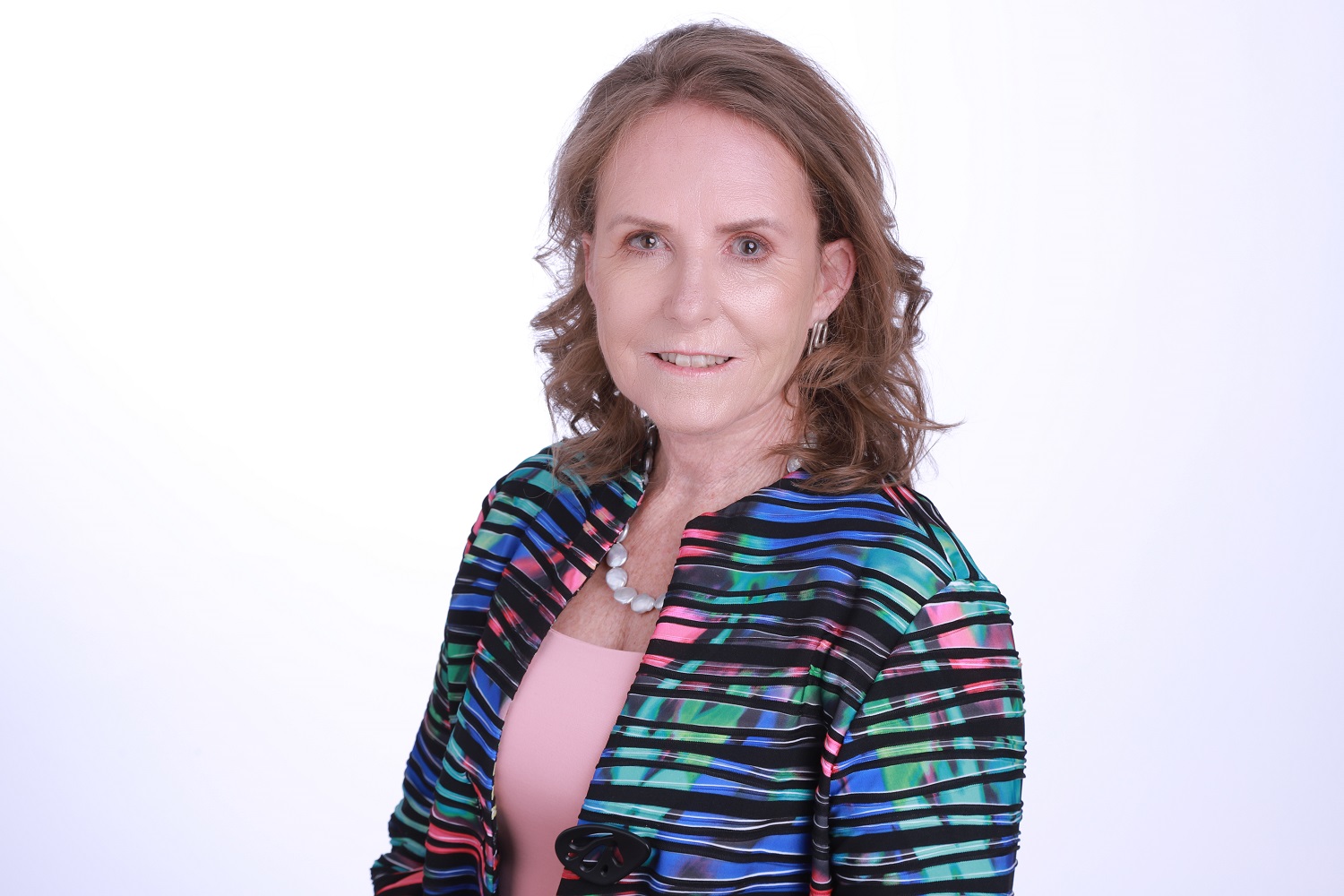
What has been your greatest or proudest achievement or moment?
My greatest achievement is seeing my three young sons [ages 19, 24 and 26) venture out into the world, all doing what they love doing, being financially independent and real team players.
I suspect that for all parents – this is a wonderful moment. They need to be able to navigate life’s uncertainties [both the ups and the downs] and there is a lot of pleasure in being able to sit back, observe and feel they are equipped to do so.
What future life goals do you want to achieve and why?
I want to bring joy into the way brand teams approach the development of strategy. I want teams to experience that sense of satisfaction that comes with being confident in the strategy that they are proposing and to be able to manage uncertainty and the speed of change. I would love for the legacy of NMBLR to be the app that enabled this.
To finish our inspire questions…”We believe that sharing inspiring words can inspire others.” If there was one positive thing you would say to someone to inspire and empower them what would it be and why?
Choose your team carefully! Build a team with diverse mindsets and invest time and effort in agreeing on how you will work together. Operate from the assumption that differences are opportunities for learning.
How you choose to work together is your team’s culture. Culture is the shared values and assumptions, Values are things we consider worth striving for. Assumptions are beliefs we hold about how the world works or how things are related. Don’t confuse a team’s espoused culture with the one it actually operates from.
“Thank you it has been great learning more about your founder story and NMBLR “
To learn more about NMBLR Visit nmblr.co
Inspired by this story? Please share this story and other founder stories.
For more inspiring founders stories check out Founder Stories.
Disclaimer:
The views, thoughts, information, and opinions expressed in the text, videos, images belong solely to those of the individuals involved, and do not necessarily represent those of Founderat.com and its corporate owners, employees, organization, committee, or other group or individuals


